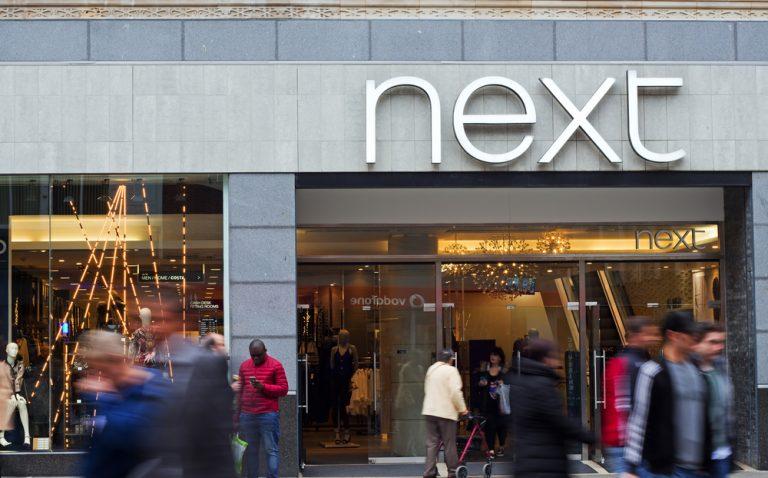
After a better-than-expected summer of sales, Next (LON: NXT) has raised its annual profit expectations.
The retailer has also said that the biggest threat of a no-deal Brexit would be the queues and delays at ports.
Despite this, the group’s boss Lord Wolfson, who has backed Brexit, does not think a no-deal Brexit will be a “material threat”.
“It is not yet clear how well prepared HMRC systems, customs and other relevant personnel will be for the upcoming potential increase in workload and data capture,” he said.
“We believe that the biggest risk to our business is the external risk of UK ports not coping with the additional volume of customs work they would be required to undertake if no changes are made to the UK’s current procedures… We believe that it remains open to the government to initiate changes in the way customs procedures operate and that such measures could eliminate much of the risk to our ports.”
“There are significant challenges involved in preparing for a no-deal outcome and we would not want to understate the work we are doing to prepare for this eventuality. However, we do not believe that the direct risks of a no-deal Brexit pose a material threat to the ongoing operations and profitability of NEXT’s business here in the UK or to our £190m turnover business in the EU,” he added.
Sales in Next increased 4.5 percent during the six months to July and the group reported half-year pre-tax profits of £311.1 million compared to the £309 million in the same period the year previously.
Full-year profits are expected to be similar to last year of £727 million, despite the volatile high street.
Last week, Moss Bros sales had suffered because of the hot summer.
The retailer warned of the conditions faced on the high street.
“The UK retail market remains volatile, subject to powerful structural and cyclical changes. Many of these headwinds have not abated. As expected, sales in our stores (which now account for just under half of our turnover) continue to be challenging.”
“We believe the over-performance in the first half was flattered by the unusually warm summer and we remain cautious in our outlook for the rest of the year.”
